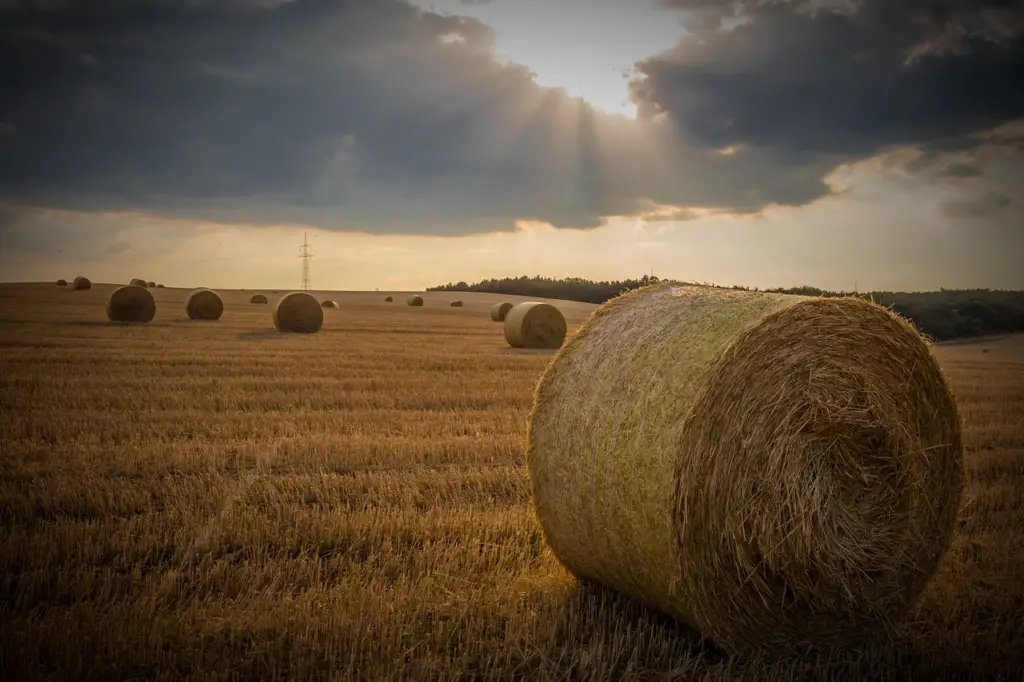So the McKinsey Global Institue reckons that by 2030, most of the American economic and employment growth will be generated by just 30% of its population, all living and working in 25 mega regions. In the “high-growth” sector, employers battle to find sufficient urban employees to fill available job spaces. On the other end of that scale, around 25% of Americans live in rural locations deeply characterized by shrinking employment in traditional industries like manufacturing and agriculture.
See where this is going?
Indeed, migration from rural areas to mega-cities cannot be the only solution, but – do rural employees have the necessary skill to transition to tech sector employment?
We had a look at a few different sources to compile this post to answer that question, and what we found may surprise you – pleasantly.

First, let’s create some context.
The United States has endured more than one crisis since the great depression, and each time, we’ve somehow managed to come out stronger and more resilient. We say “somehow,” but the truth is that way forward, though not always clear, wasn’t by mistake.
It took critical thinking, intelligent decision-making, and the realization (and here it is) that the only way to heal a financially broken America was to heal the whole of America. It’s just as true today. We work at our best nationally when our cities source locally mined and manufactured resources from our rural communities, creating a circular flow of capital.
This capital then spreads its way around the more excellent American economy into supply industries, value chain logistics, and so on until the resulting “heat” creates more heat and eventually leads to consecutive periods of growth.
But of late, with more manufacturing jobs and opportunities leaving the United States, the result has been that a sizeable portion of young people from rural areas is leaving those areas for the cities in search of work. As it’s usually in these areas that those industries or sectors tend to find themselves in, this creates problems on both ends – an oversupply in cities and an undersupply in rural economies.
Now, the American government wants that to change, and there are good reasons for it. Our rural economies have loads of potential for redevelopment and are prime to be reinvigorated. Unlike previous economic downturns where the development of the rural economy was seen as vital to national success, with the trends outlined before, this isn’t happening now.
That means a large chunk of enthusiastic, hard-working young people are ready to take up the challenge. And tech startups are starting to take notice.
It would be easy to assume that most startups in tech-related industries in the American heartland are all agriculture-related, and one wouldn’t be entirely incorrect. But some companies are starting to see the potential beyond agriculture and green solutions in farming. More on that later
AGILE SPACE INDUSTRIES – Durango, Colorado
Read that sentence again. Durango, Colorado, should be the part that really impresses you because we can’t seem to think of anywhere that least sounds like a place where you would find a space exploration testing facility.
Yet here, in Southwestern Colorado, Agile Space Industries is not just designing and manufacturing but testing integrated aerospace propulsion systems – and having a good go at beating out organizations like SpaceX in hiring top-end engineering graduates from highly-ranked schools like MIT, Purdue, and West Point.
They’re able to replicate the temperatures and vacuum of space here, making it possible to test propulsion systems used in aerospace on the ground under the same relative conditions that they might encounter some 1.200 miles into space.
They use 3D printing to design and test satellite thrusters and propulsion systems at a fraction of traditional manufacturing methods’ cost, time, and weight.
Do you get the idea? Let’s try another one out for size, just in case you remain unconvinced.
BIT SOURCE – Pikeville, Kentucky
You’re going to have to indulge us here because when we found out about this, we couldn’t contain our excitement. This is the literal stuff that dreams are made of, and you’re going to feel decidedly prouder to be American at the end of this section.
Bit Source started here in what was once a Coca-Cola bottling facility in this town in eastern Kentucky.
Straight forward and concise. Bit Source has a clear mission here: To create a tech sector in central Appalachia. They’ve made several connections in the existing marketplace to support this drive. Their current projects are geared towards developing something of an ecosystem for local internships and an investment fund.
They’re currently serving up solutions in database management, mobile app development, HIPAA-compliant products for the healthcare industry, and enterprise-level web solutions that serve hundreds of thousands of users and smaller sites. They’re also developing apps for local governments.
You couldn’t make it up, and it’s a thrilling time to see these projects not just come to fruition but thrive. A big reason for this massive drive and its subsequent success so far is, of course, the cost-benefit advantage that comes from doing business outside of the overpriced urban centers of America.
Companies can start businesses here at just about a fraction of the cost they’d otherwise have had to shell out in cities. What many CEOs and Presidents are beginning to realize is that it’s also vastly more pleasant to live in these places than in expensive, overcrowded, and oversaturated cities like San Francisco or New York.
So to answer the question of this post, can we create opportunity in America’s rural economy through tech employment? The short answer seems to be yes. However, it’s not without challenge. To attract top funding, you need to attract top talent, which is still where something of a challenge lies, at least in certain places.
It’s time to think of America’s rural heartland as more than just a place for Livestock Shelter. But, with that being said, even though we spoke about space and data tech in this post, the American farming and agriculture sector is giving birth to some of the most significant advancements in green technology on the planet – so don’t write that off too quickly either.
In whatever way you mean to capitalize on this, remember – research equals growth, so do yours, but don’t write off the rural economy of the United States. There are plenty of opportunities here for the savvy startup or investor and a great lifestyle to match.










